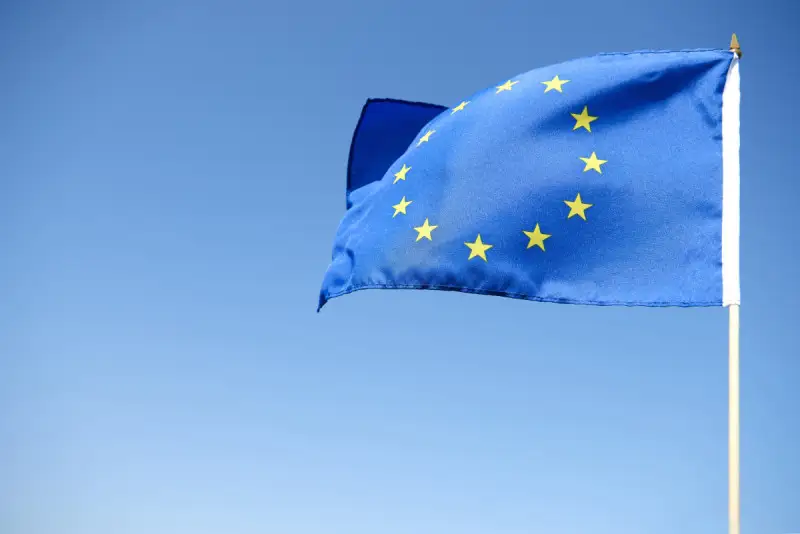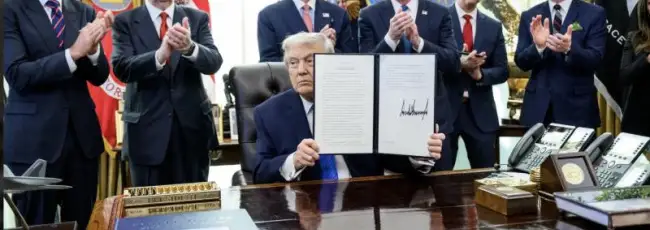The European Commission revisits the possibility of raising alcohol taxes
- undefined
The European Commission is considering updating alcohol tax rates, which have remained unchanged for more than thirty years and still leave wine untaxed. However, the World Health Organization (WHO) has also stressed that introducing alcohol taxes is “extremely difficult.”
“We are only at the beginning of a process that will involve extensive consultations with Member States,” a Commission spokesperson said in response to a question about whether the EU executive would follow the WHO’s recommendation to increase alcohol taxation. “No decision has yet been taken on the matter,” he added.
In its Beating Cancer Plan, the Commission had pledged to review EU legislation on alcohol taxation by 2025. Currently, the EU applies only a minimum excise duty on beer — about €0.03 for an average bottle — and on spirits — about €1.54 for a bottle of whisky — but none on wine. Beyond these minimum levels, each Member State sets its own rates.
Pressure on the EU executive is growing as the debate over the carcinogenic risks of alcohol increasingly enters the political arena. On Tuesday, the WHO’s cancer research agency — the International Agency for Research on Cancer (IARC) — published a new Handbook on Cancer Prevention, based on international studies. IARC Director Elisabete Weiderpass called for stricter alcohol control measures, including tighter rules on availability and higher taxes.
On Wednesday, the Party of European Socialists (PES) released a policy paper on public health, stressing that alcohol is a “toxic, psychoactive and dependence-producing substance classified as a Group 1 carcinogen.” The paper supports the introduction of “a proposal on alcohol taxation that encourages Member States to adopt the most effective approaches according to their national context.”
For years, NGOs such as Eurocare have been calling on the EU to raise the fixed rates set in 1992 and to include wine in the tax system.
The Commission has previously attempted to revise the legislation. In 2010, it published a study analysing “possible changes in the minimum rates and structures of excise duties on alcoholic beverages,” recommending tax harmonisation and the introduction of a minimum rate for wine products: “The rate could be equivalent (in alcohol content terms) to the rate applied to beer,” the conclusions read.
In February, Euronews cited a Commission document stating that “work is underway to revise the directive on minimum excise duty rates applicable to alcoholic beverages.” According to the report, this initiative forms part of the implementation of the EU’s Beating Cancer Plan, launched in 2021. Taxing alcohol — “including wine” — remains “a strategic prevention tool for the EU,” the document notes.
However, in the new draft of the Commission’s work programme for next year, only an “evaluation of the tobacco control legislative framework” is mentioned, with no reference to alcohol. This omission is unlikely to surprise Hans Kluge, WHO Regional Director for Europe. Speaking on Tuesday, he acknowledged that raising taxes is politically unpopular, adding that “implementing it is extremely difficult.”
Photo credit: Freepik
Source: Euractive







